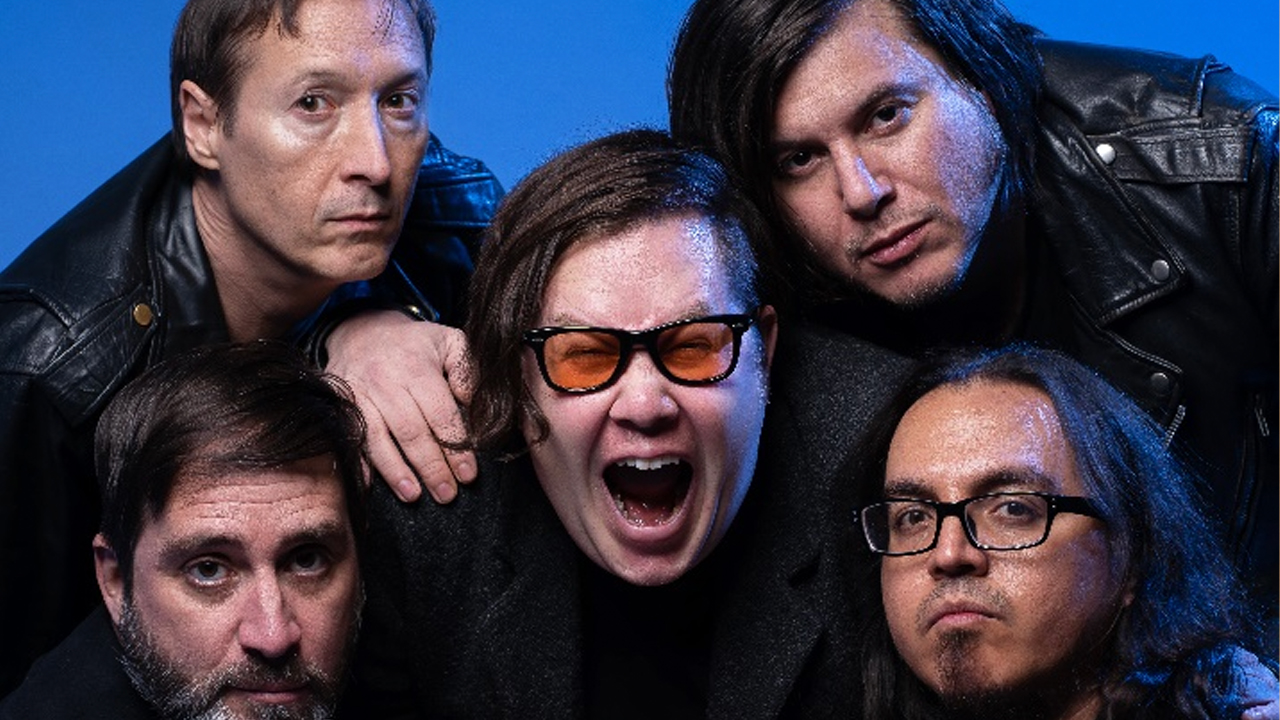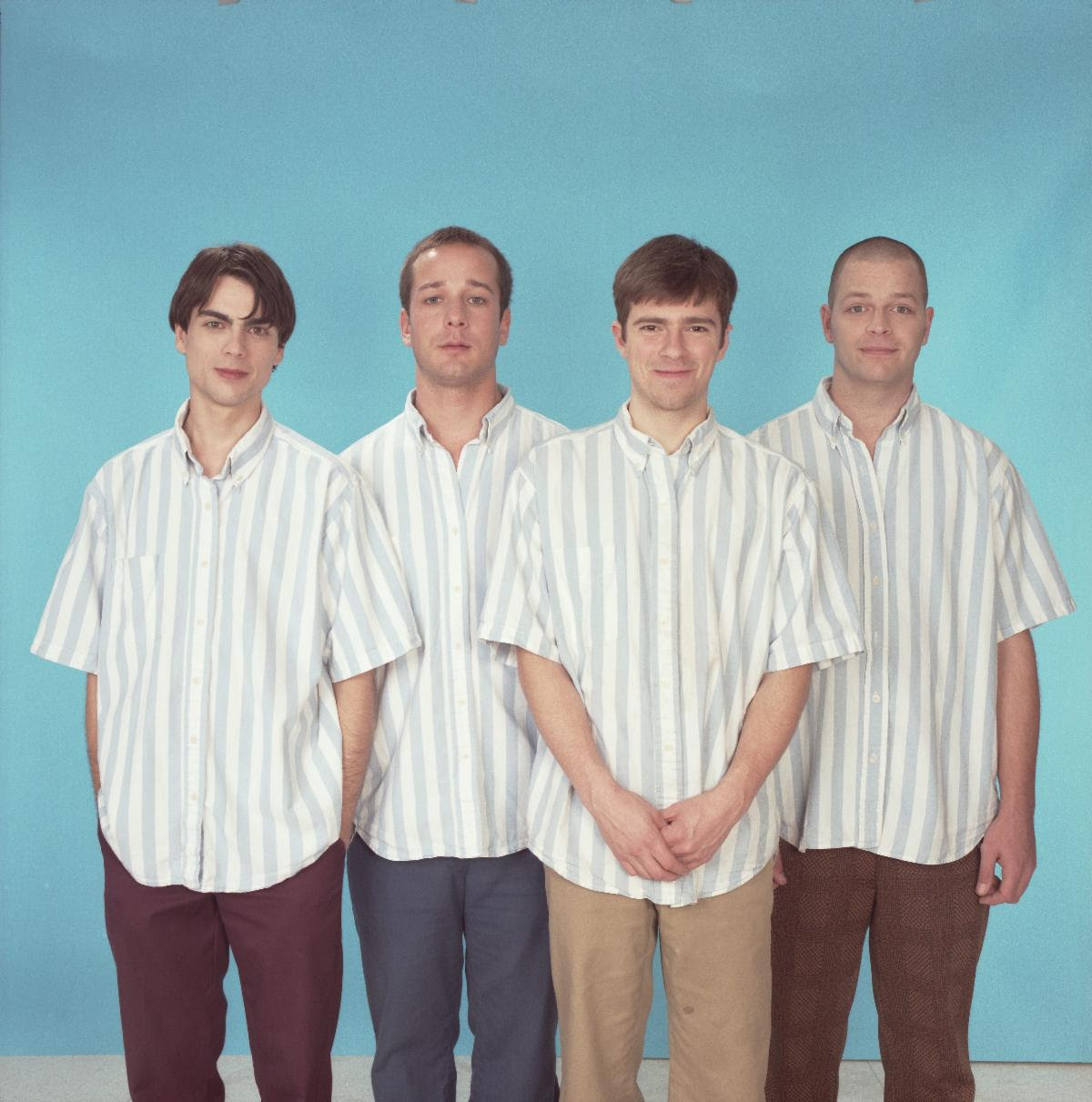Does Jónsi ever wish his voice weren’t so pretty? While he’s never made the same album twice, either as a solo artist or a collaborator or the frontman of Sigur Rós, he’s also never made an album that turned out anything other than exquisitely beautiful, no matter how much he’s fought against it. Sigur Rós responded to their international breakthrough by going full-on hauntology with ( ), but if the movie syncs were any indication, they were still seen as friendly ghosts. They made an album whose title translated to “steamroller,” but the music itself consumed the listener like a bubble bath. Even beyond the legal and interpersonal turmoil, the past decade has been inhospitable to Sigur Rós’ creative process—if Jónsi expressed his anger towards a world of “climate change, doom-scrolling and going to hell” on a Sigur Rós album, as he does here, would their English-speaking audience even be able to tell? ÁTTA proves that Sigur Rós are physically capable of making angry music—but they aim for the softer, more poignant variants: despair, depression, and dejection.
Three months earlier, Sigur Rós announced an upcoming tour with a 41-piece orchestra—a perfectly sensible endeavor if they were still engaging in the brand stewardship that took up much of the past decade. It turns out that they were tipping their hand in the direction of ÁTTA. The introductory “Glóð” misleads with its electronic crackle and backmasked vocals, suggesting a continuation of the purely textural work of Valtari or Riceboy Sleeps. And since ÁTTA is almost entirely absent of guitars and percussion—their disgraced former drummer has not been replaced—it’s likely to be described as “ambient.”
But throughout, Sigur Rós make the distinction between ambient and classical for people who might not otherwise listen to either of these forms. This is minimal music often performed maximally; without access to the frothy distortion and cymbal clatter that typically brought Sigur Rós songs to a crescendo, the strings on “Skel” slowly accrue a concussive force that draws as much attention to the mixing as Jónsi’s vocal dynamics. He dips into his lower register often throughout ÁTTA and allows himself to rise triumphantly alongside even the loudest orchestral blares, performing like a first-chair soloist more than the frontman of a rock band.
Advance copies of ÁTTA were delivered as a single 56-minute track, a strong suggestion that its narrow range of tempo and texture is an intentional choice and that its optimal listening experience replicates what most people probably expect of a 41-piece orchestra: fully seated, no bathroom breaks, withholding the temptation to seek a moment worthy of a standing ovation until it’s done. (The official release is split into 10 tracks like any other Sigur Rós album.) Regardless of its more refined presentation, this is not an album of passages or movements or suites. It’s best understood and appreciated as a collection of songs, of which there are clear highlights.



